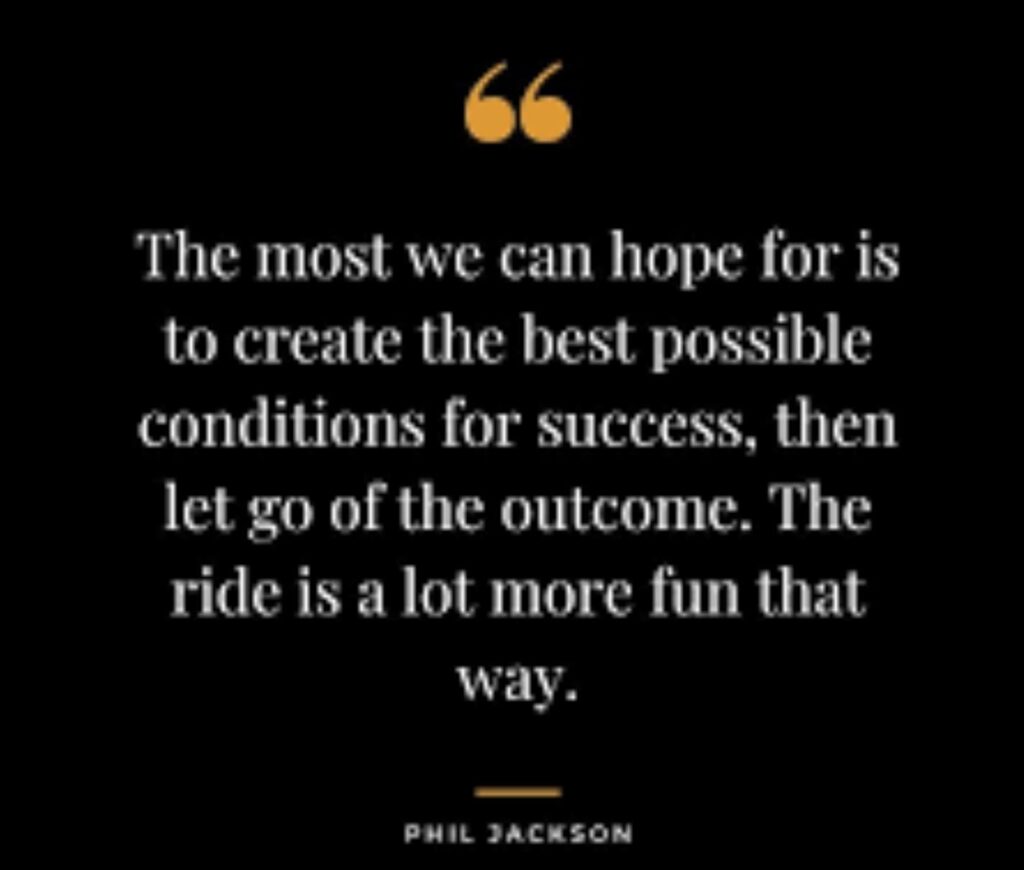31st August, 2023
I recently had the opportunity to see the must watch Netflix documentary “The Last Dance” – about the Chicago Bulls’ dream run through the nineties winning six titles in eight seasons.
Whilst everyone talks about teamwork as a takeaway from the documentary, I feel this documentary is all about leadership.
Phil Jackson, arguably the greatest coach the game has seen, played a pivotal role in the team’s success and in the process gave us some important lessons in leadership.
1. In order to get the most out of your personnel, you must pay attention to your personnel.
Paying attention to your people doesn’t mean micro-managing them. Rather it means to listen to them and consistently find ways to connect with them in ways that help them truly commit to the team’s overall goal.
Phil Jackson found ways to constantly push Jordan to be better. He paid attention to MJ’s personality and the way “His Airness” aggressively interacted with teammates so he created a natural balance that held players to a high standard while still giving them time to decompress from the pressure of working alongside the most competitive player of all-time.
When MJ crossed boundaries, Jackson wasn’t afraid to kick him out of practice and have honest conversations with his best player.
But Phil knew that leadership wasn’t just about how you lead your best player—he intentionally found ways to make individual connections with each of the players on the team.
He specifically sought to establish a common ground with each player rather than rely on group trust.
2. Don’t discard challenging personalities just because they’re “different.”
Adding Dennis Rodman to the 1996 championship team seemed, at the time, like a controversial acquisition. Phil immediately went to work finding a way to diffuse tension, spark motivation, and gain buy-in from a well-documented loose cannon with a tremendous skillset.
Jackson grew up in a portion of North Dakota where he experienced Native American culture firsthand. He knew that Rodman grew up in a part of Oklahoma also greatly influenced by the Native American lifestyle. That became his connective tissue that turned a reckless Rodman into a key contributor to three championship trophies from 1996 to 1998.
3. Make sure everyone knows where you stand, so words don’t distract.
Jackson the leader wasn’t afraid to call out his players when needed, but more importantly, he never said anything publicly that he wasn’t saying to that player’s face. That’s a weakness in a lot of leaders today. The master course in leadership was Jackson’s ability to navigate all dynamics ranging from MJ to Rodman to Scottie Pippen—to the contract disputes and heightened expectations.
Great leaders don’t get caught up in the narrative. Instead, they constantly encourage their team to buy-in and take control of their end story.
Each year, the Bulls goal was to hoist a championship trophy and as a leader, Jackson paid attention to his personnel and found ways to connect with them and lead them to sustained excellence.
Just like the Bulls, great leaders surround themselves with talent who complement their strengths. More importantly, they are aware of their weaknesses and aim to find people to fill in those gaps.
Like Jackson, all leaders, whether in family, society, sports, business, politics or in any field, should be consistently asking themselves, “how can I help this team grow?”
For me, “The Last Dance” was more than just the most viewed documentary in the history of ESPN, it was a Masterclass in leadership.”
Be a leader, make your team grow & stay blessed forever.

